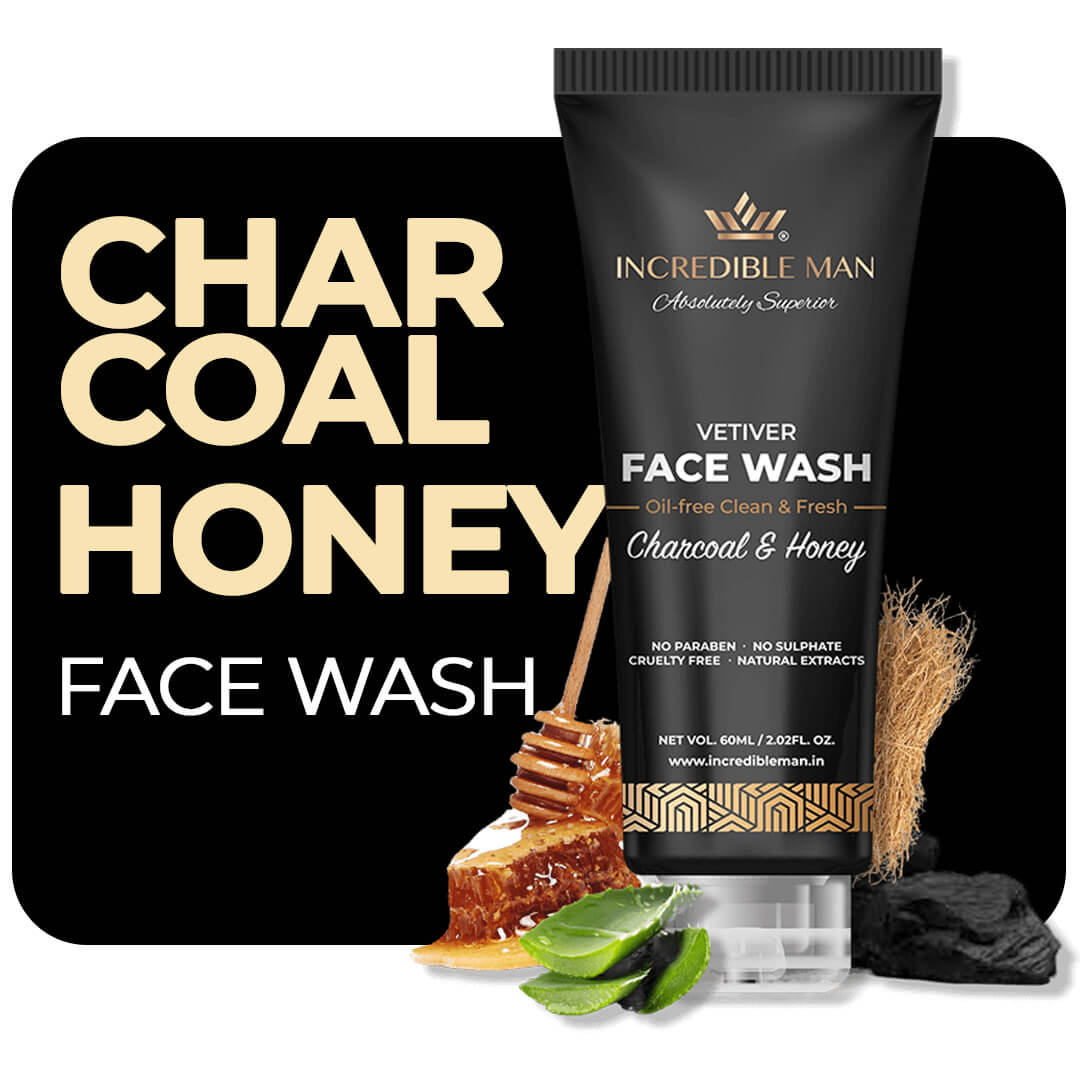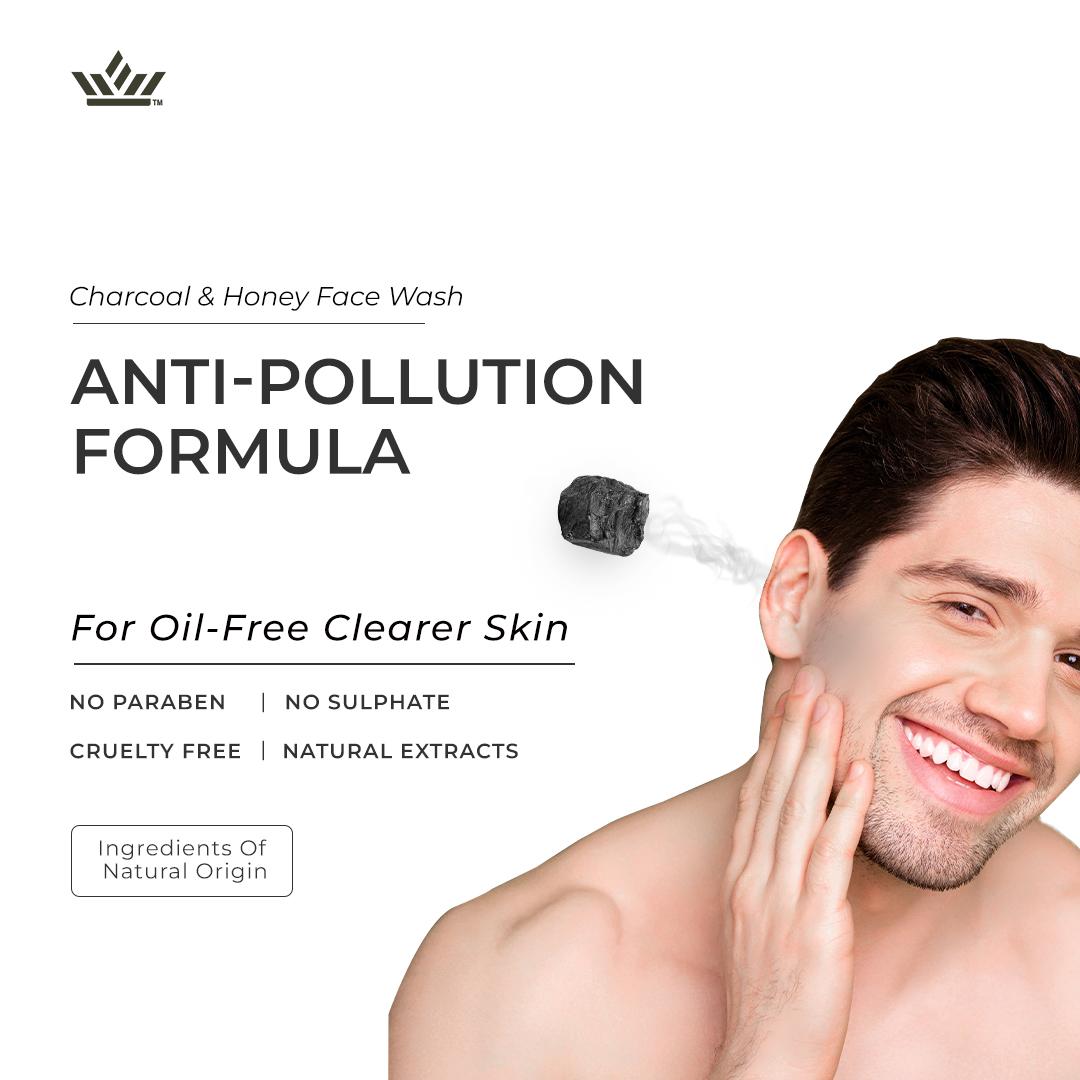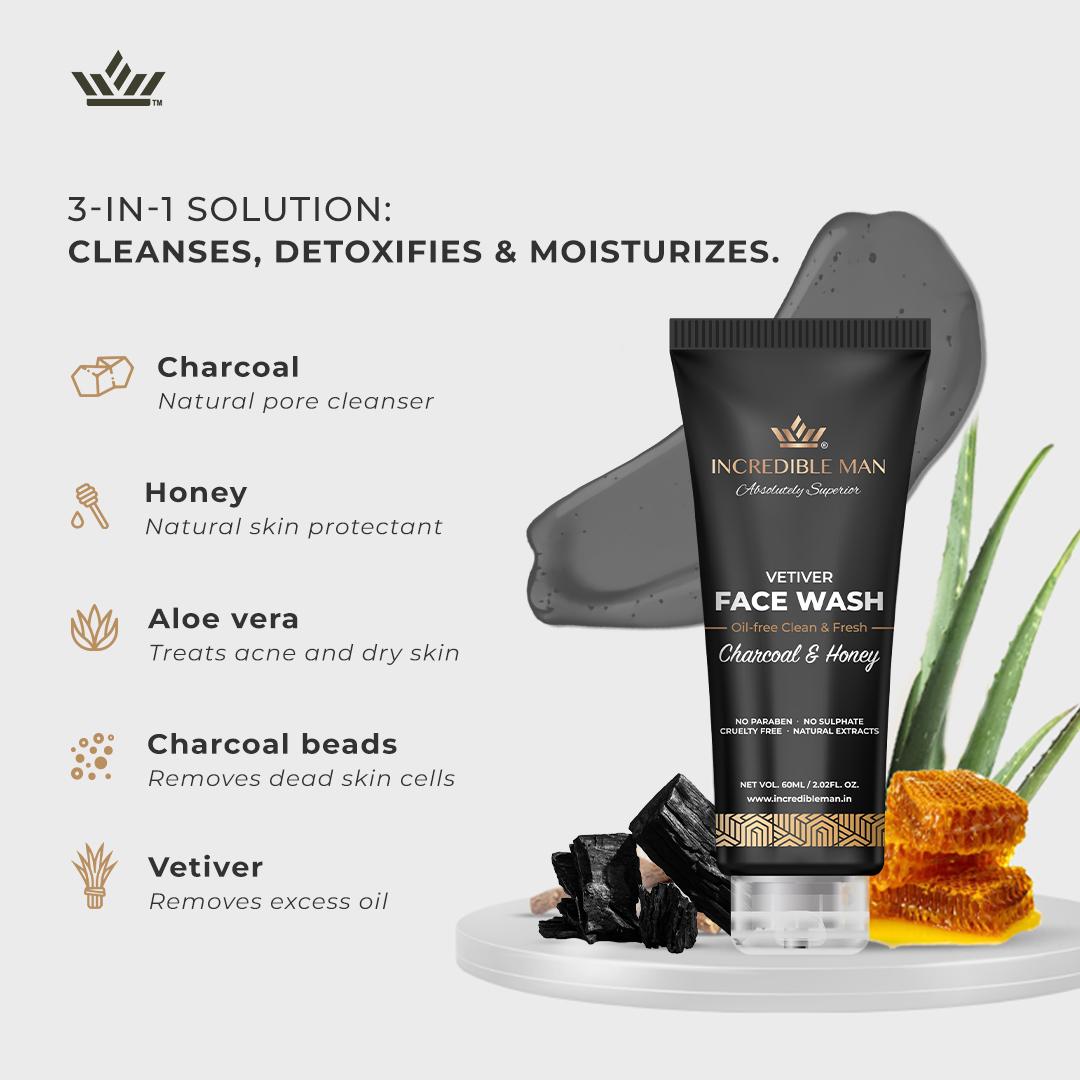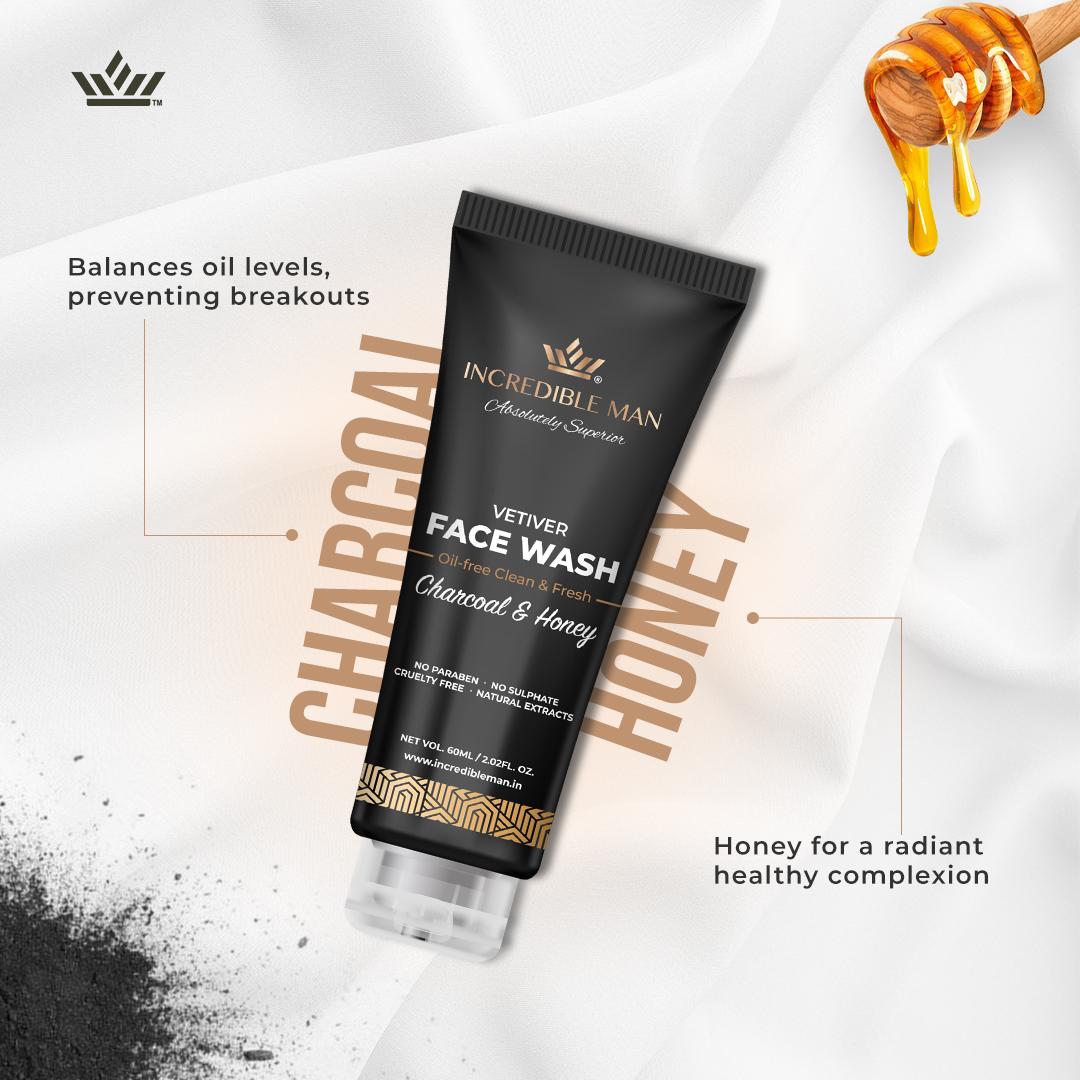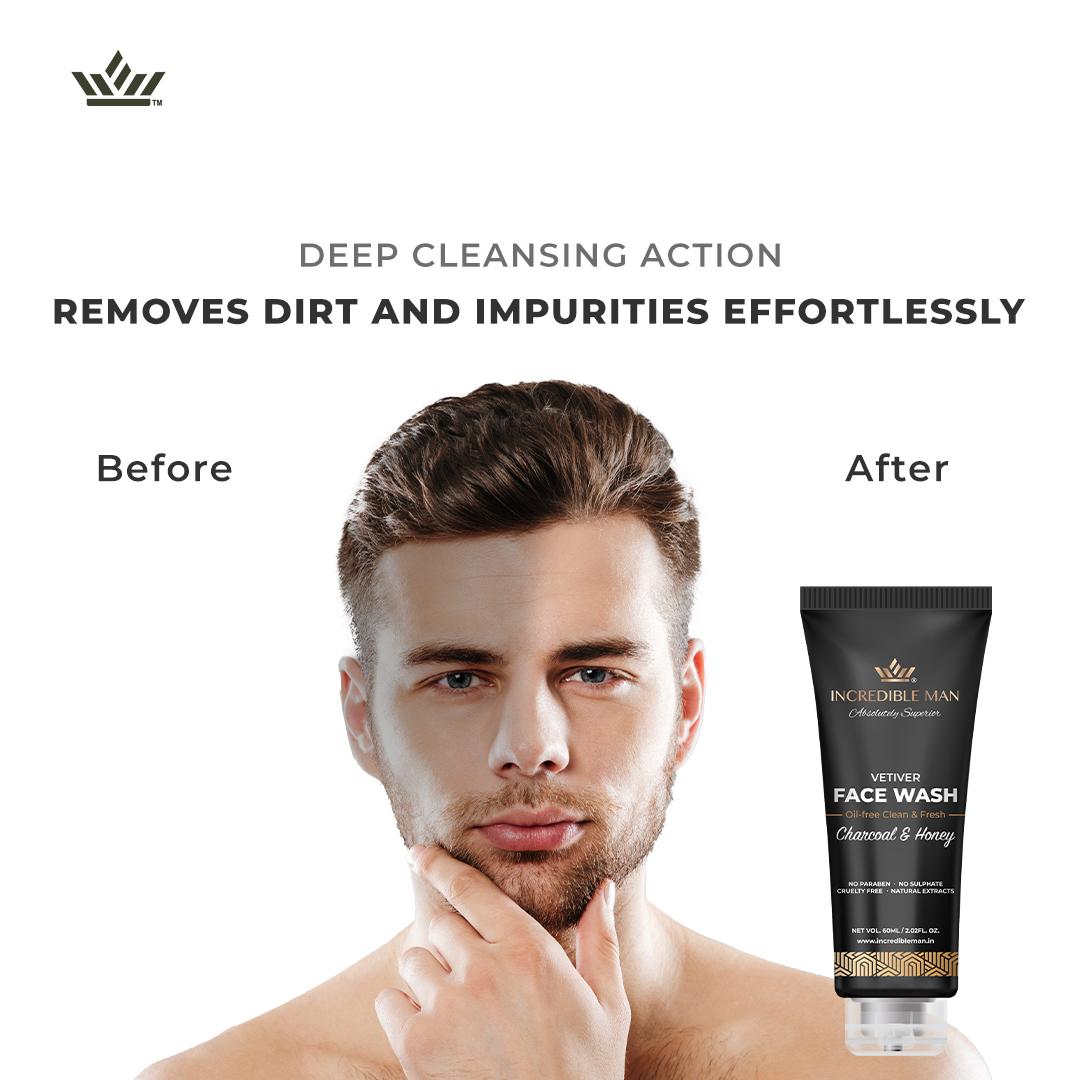The monsoon season brings relief from the scorching heat, but it also presents challenges for our skin. The increased humidity and moisture in the air can lead to various skin concerns, including breakouts, infections, and dullness. In this article, we will explore practical monsoon skin care tips to help you maintain healthy and glowing skin during this rainy season.
1. Understanding Monsoon Skin Challenges
- During the monsoon, our skin becomes more prone to certain issues. The high humidity levels can cause excessive oil production, leading to greasy and acne-prone skin. Fungal infections, such as ringworm and athlete’s foot, are also common due to the warm and moist environment. Additionally, constant exposure to rainwater and pollutants can make the skin dull and lifeless.
- To tackle these challenges, it is important to understand the underlying causes and adopt a targeted skincare routine.
2. Cleansing and Toning: The Foundation of Monsoon Skin Care
- Proper cleansing and toning are crucial steps in any skincare routine, and they become even more important during the monsoon season. Cleansing helps remove dirt, excess oil, and impurities accumulated on the skin’s surface, while toning helps restore the skin’s pH balance and tighten the pores.
- Opt for a gentle cleanser that is suitable for your skin type and free from harsh chemicals. Follow it up with a toner that contains ingredients like witch hazel or rose water to refresh and soothe the skin.
3. Moisturizing and Hydration: Balancing Moisture Levels
- Contrary to popular perception, moisturizing is necessary even for oily skin. It’s important to use non-comedogenic, lightweight moisturizers that deliver appropriate hydration during the monsoon without clogging pores.
- Equally crucial is hydrating the skin from the inside out. Drink a lot of water throughout the day to moisturize your body and skin. Eat more foods that are high in water, like citrus fruits, cucumbers, and watermelon.
4. Sun Protection: Don’t Skip the SPF
- Many people assume that sun protection is unnecessary during the monsoon due to cloud cover. However, harmful UV rays can still penetrate through the clouds and cause damage to the skin. Therefore, it is essential to wear sunscreen with a broad-spectrum SPF of 30 or higher, regardless of the weather conditions.
- Apply sunscreen generously to all exposed areas of the body and reapply every few hours, especially if you’re spending extended periods outdoors.
5. Special Care for Acne-Prone Skin
- Acne breakouts tend to be more common during the monsoon due to increased humidity and sweating. To keep acne at bay, choose gentle cleansers that won’t strip the skin of its natural oils. Use oil-free and non-comedogenic moisturizers to prevent pore clogging.
- Exfoliation is essential to remove dead skin cells and prevent clogged pores. Opt for gentle exfoliants like salicylic acid or fruit enzymes to unclog pores without irritating the skin.
- If you experience persistent acne issues, it is advisable to consult a dermatologist for personalized treatment and advice.
Quick Tip:
Also, learn more about Monsoon Skincare Routine
6. DIY Monsoon Face Masks: Nourishing and Revitalizing Your Skin
- Pamper your skin with nourishing DIY face masks using natural ingredients readily available at home. These masks can help rejuvenate and brighten the skin, addressing common monsoon skin concerns such as dullness, dryness, and inflammation
- Some popular DIY face masks for the monsoon include:
– Turmeric and yogurt mask for brightening and lightening
– Aloe vera and cucumber masks for hydration and cooling
– Multani mitt (Fuller’s earth) and rose water mask for oil control
Conclusion
Taking care of your skin during the monsoon season is essential to combat the specific challenges it presents. By following a consistent skincare routine, focusing on cleansing, moisturizing, sun protection, and addressing specific concerns like acne, you can keep your skin healthy and glowing even in the rainiest weather.
Remember, each individual’s skin is unique, so it’s essential to listen to your skin’s needs and adjust your skincare routine accordingly. Embrace these monsoon skin care tips and enjoy the season with radiant and healthy skin!
The monsoon season can affect the skin in both favorable and unfavorable ways. The increased humidity in the air can provide some natural hydration to the skin, making it appear plump and moisturized. However, the excess moisture can also lead to increased oil production and make the skin prone to breakouts and fungal infections. Therefore, it’s essential to take proper care of the skin during the monsoon to prevent any adverse effects.
The monsoon season can affect the skin in several ways. The high humidity levels can cause the skin to become greasier and prone to acne breakouts. The constant exposure to rainwater and pollutants can make the skin dull and clogged. Additionally, the excess moisture can lead to fungal infections, such as ringworm and athlete’s foot. Adopting a suitable skincare routine and taking precautions to protect the skin during this season is essential.
The skin may appear darker during the monsoon due to several factors. Increased humidity can cause excess sebum production, leading to clogged pores and the accumulation of dead skin cells, which can make the skin appear dull and darker. Additionally, prolonged exposure to rainwater can wash away the natural oils from the skin, leading to dryness and pigmentation. Protecting the skin from excessive moisture and UV rays, and maintaining a proper skincare routine can help prevent skin darkening during the monsoon.
Yes, it is essential to use sunscreen even during the monsoon. Although the sun may not be visible due to cloud cover, harmful UV rays can still penetrate through and cause damage to the skin. Choose a broad-spectrum sunscreen with a minimum SPF of 30 and apply it generously to all exposed body areas. Reapply every few hours, especially if you are spending prolonged periods outdoors.
While rain can provide temporary relief and hydration to the skin, it does not necessarily “clear” the skin. Rainwater may contain pollutants and impurities that can settle on the skin’s surface and clog pores. It is important to cleanse the skin thoroughly after being exposed to rain and follow a proper skincare routine to keep the skin clean and healthy. Additionally, protecting the skin from excessive moisture and taking precautions against fungal infections is essential for maintaining clear and radiant skin during the monsoon.



